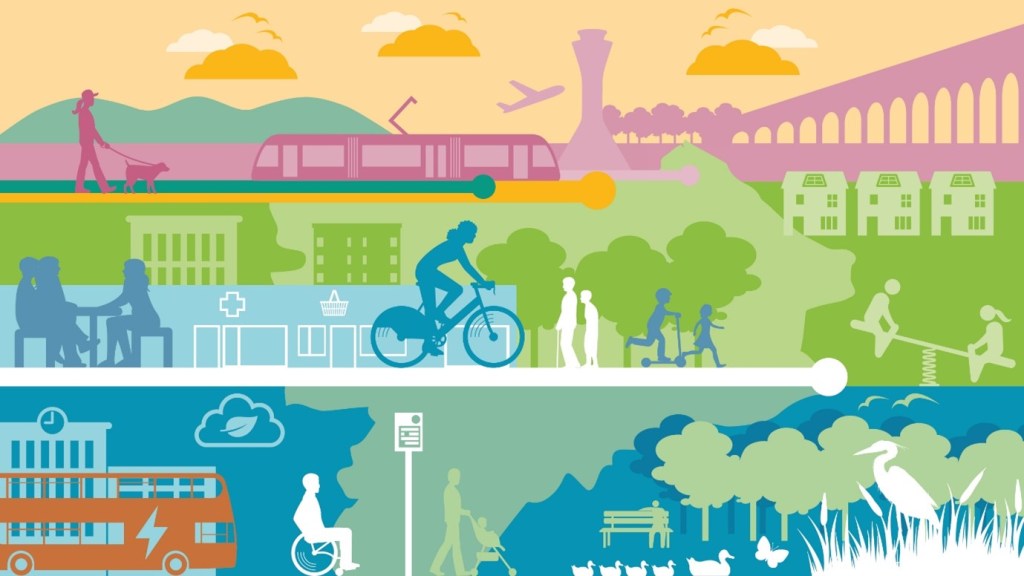City Plan 2030 Update: Hearing
City Plan 2030 is reaching an important stage in its journey to being Edinburgh’s adopted local development plan.
The proposed City Plan 2030 was submitted to the Scottish Government for examination in December 2022.
A team of reporters from the Scottish Government’s Planning and Environmental Appeals Division (DPEA) has been appointed; and the development plan examination began in February this year.
As part of the examination, a Hearing is scheduled to take place on 26-27 September 2023. Details of the Hearing including the agenda for the two days can be found on the DPEA’s website. The Hearing is open to attendance from members of the public. If you would like to attend the hearing, please contact Morag Smith, DPEA case officer, to book your place call 0131 244 8173 or email Morag.Smith@gov.scot
Development Plan Scheme 2023
The most recent Development Plan Scheme was approved by Planning Committee on 13 September 2023. This provides a more detailed update on City Plan 2030.
City Plan 2040
As we approach the adoption of City Plan 2030, we need to start thinking about the next local development plan which will be City Plan 2040. The Development Plan Scheme outlines the early stages of City Plan 2040 which will be prepared under the new legislation and guidance which was published by the Scottish Government in May 2023.
There are three main stages to this new process:
1. Evidence Gathering
2. Plan Preparation
3. Delivery
We are currently at the Evidence Gathering stage. The new Development Plan Scheme contains the draft Participation Statement which is one of the first steps. This is a summary of when and how the Council is likely to engage with the public on City Plan 2040.
We must seek the views of the public on the content of the Participation Statement so we will be starting an engagement exercise on the draft Participation Statement in October.
We’ll post further details on how to get involved. You can also join our mailing list for direct updates by getting touch at cityplan2040@edinburgh.gov.uk






You must be logged in to post a comment.